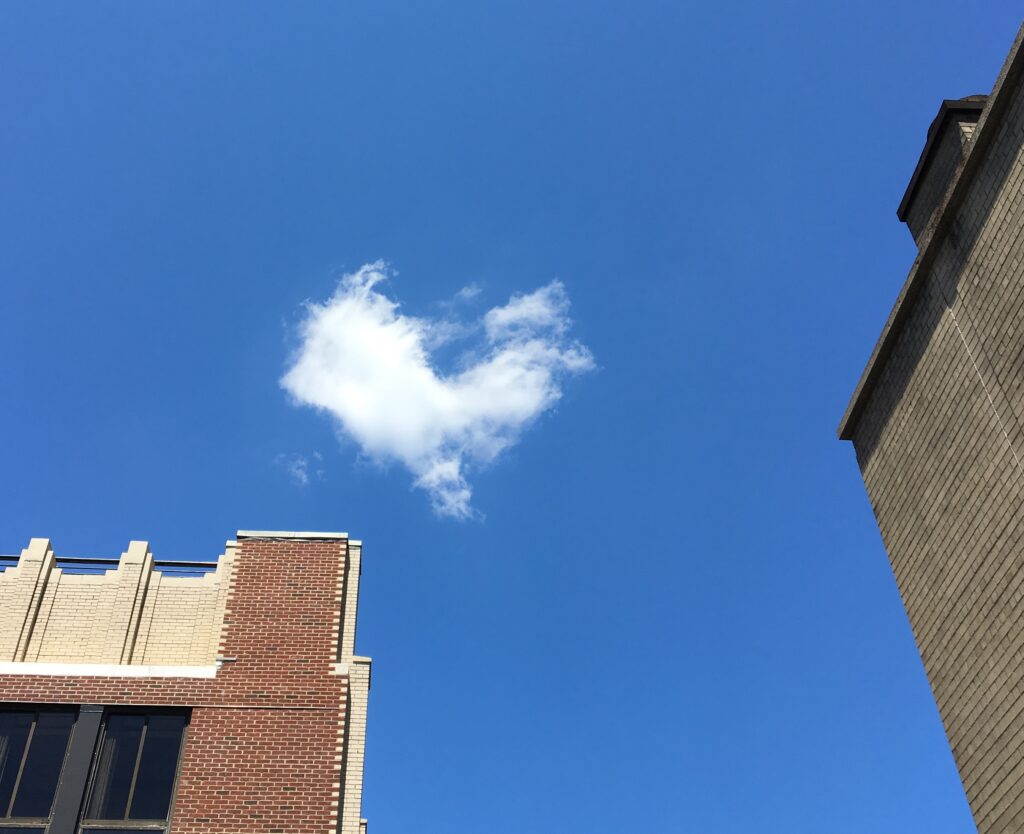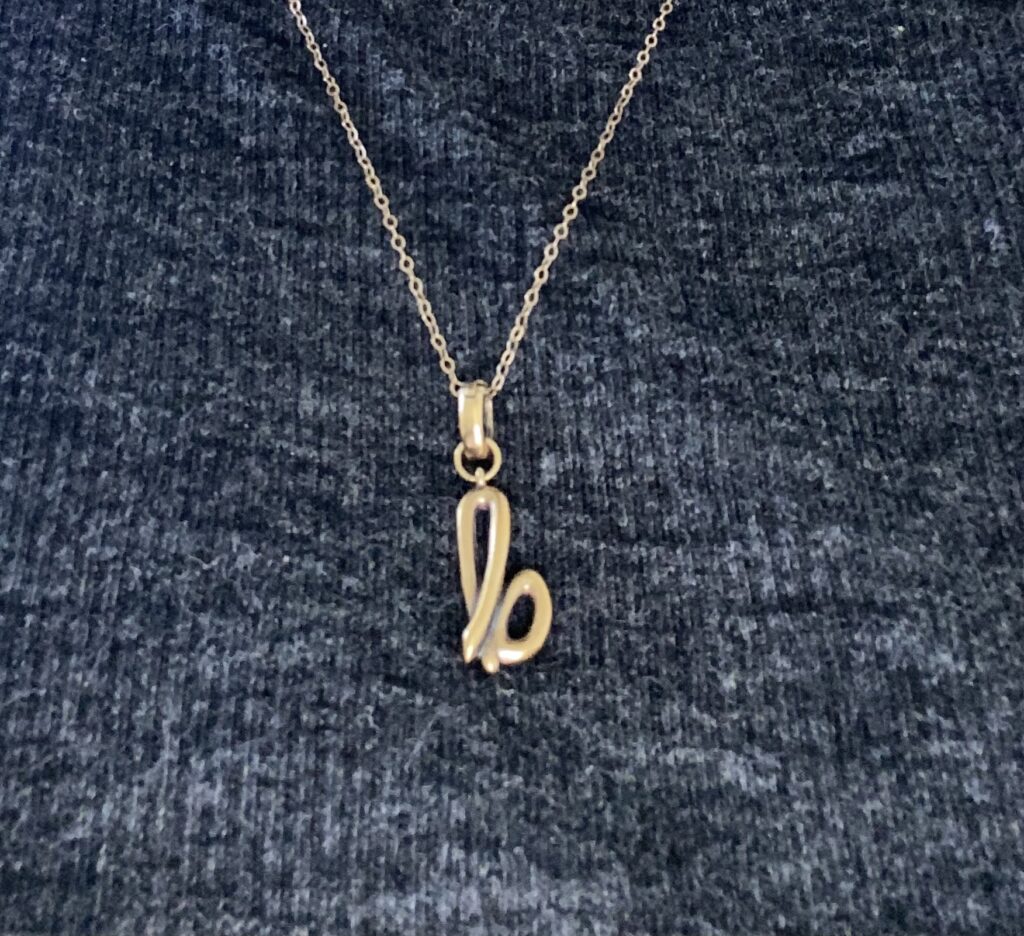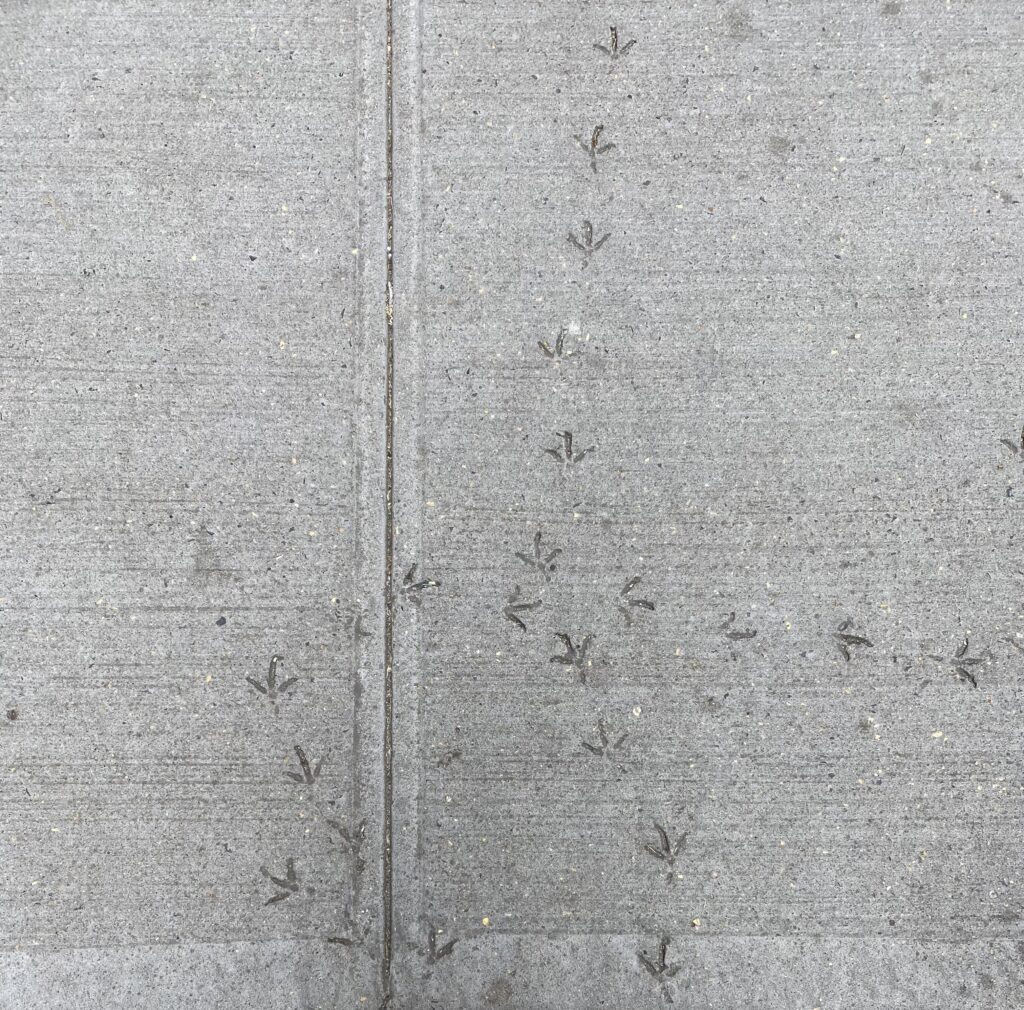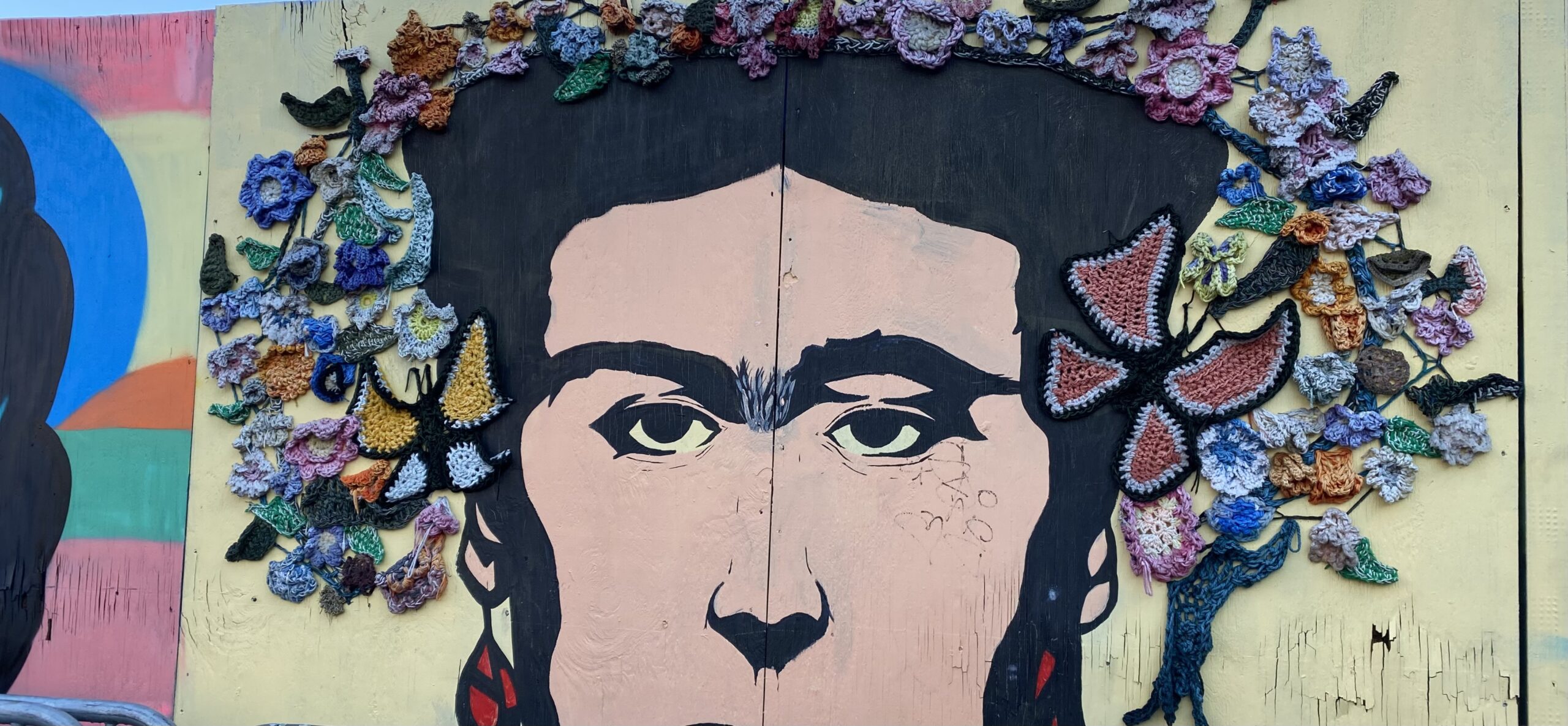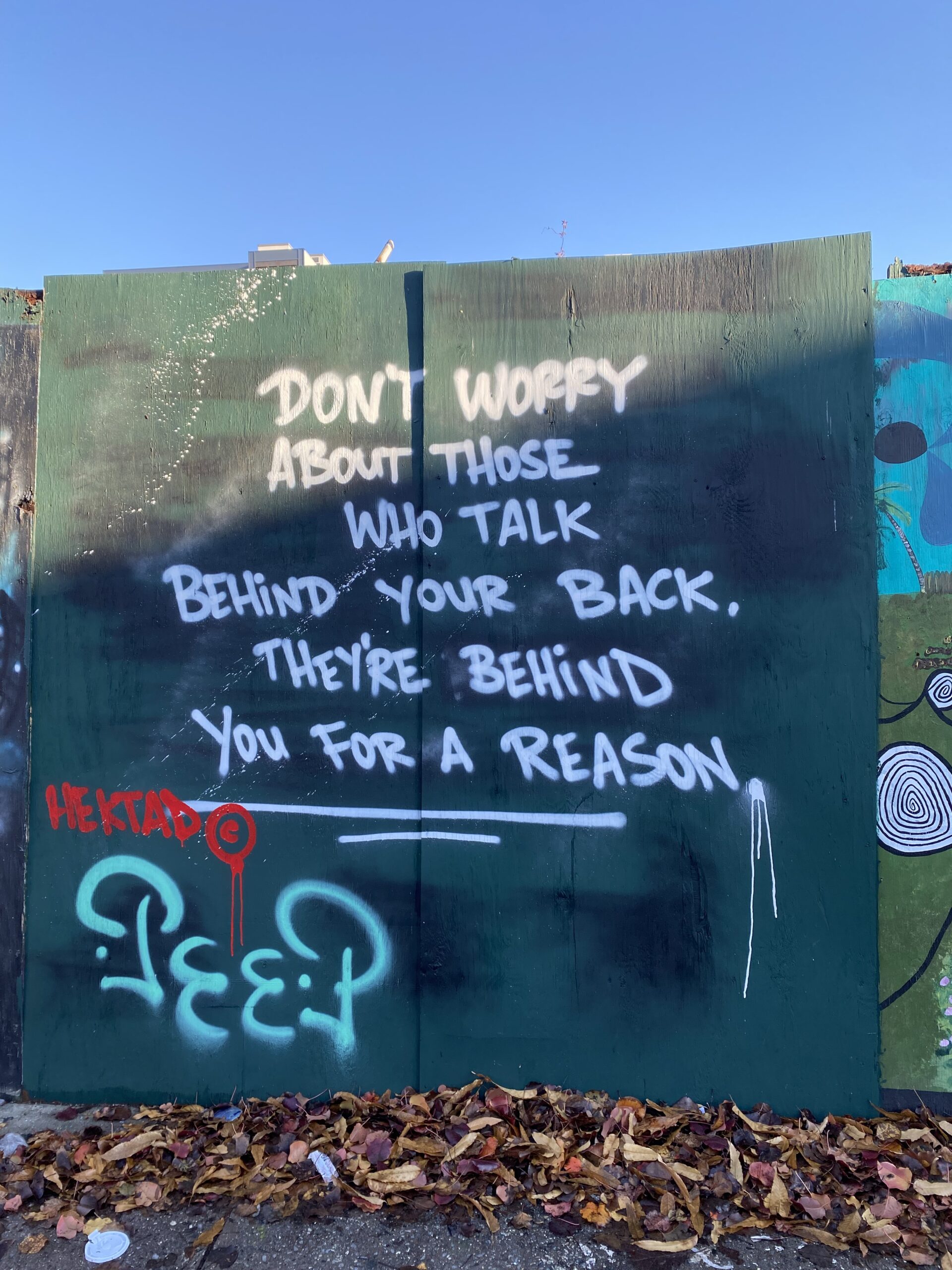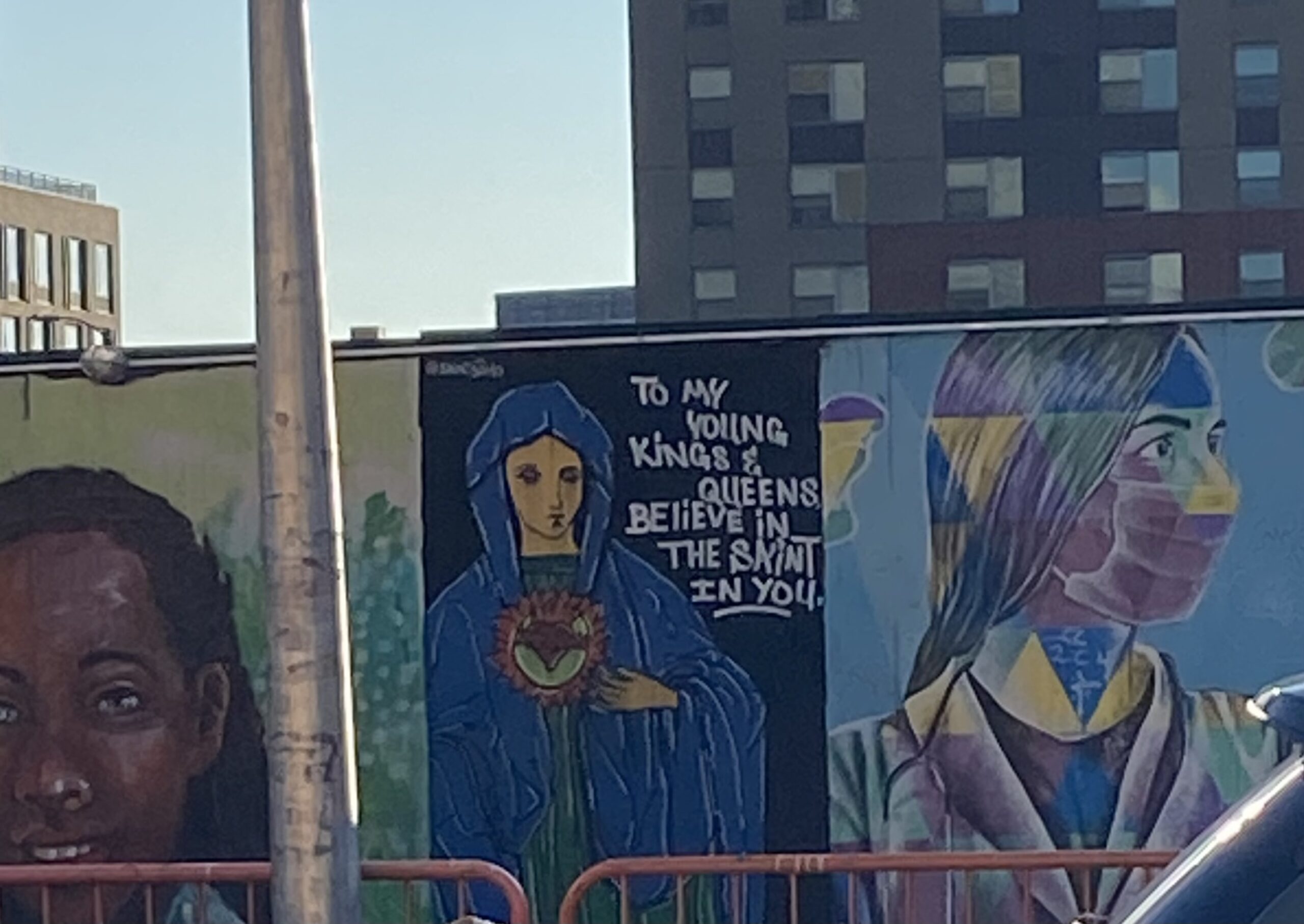Sermon preached at St. Mark’s Episcopal Church 9/24/23
(Audio version here: https://www.stmarksaustin.org/sermons)
The landowner said to them, ‘Why are you standing here idle all day?’ They said to him, ‘Because no one has hired us.’ He said to them, ‘You also go into the vineyard.’
Less than five miles from here at the Home Depot on I-35, men (and it is all men) gather every day and wait for work. They have a huge range of skills – and many of them have multiple skills. Carpentry, masonry, plumbing, roofing. They can trim your trees and mow your lawn, demolish buildings or construct them. They have skills, but what they don’t have is a place to use them. So they gather at the Home Depot and wait for someone to hire them for the day.
That is just one of many day labor sites in Austin. They are places of hope and desperation. It’s great if you get a job. Most people hiring show up early and select the team they need for that day. If you are not selected early, you wait. You might get lucky if someone comes by later in the morning or even the afternoon, or you might waste all day there with no job at all.
Everyone starts over again the next day. Sometimes you are selected and you work hard all day – and sometimes for this you are not paid. Wage theft is routine for day laborers. And there is often not much they can do because their work agreement is not documented. They rely on trust in strangers.
Even when you do get paid to work for a day, the wages can be paltry. You are often paid in cash – or by check and then have to pay a hefty fee at a check cashing service. The amount you are paid might feed you for a day or two, but it’s unlikely to feed and house your whole family. It would take a whole lot of you working a whole lot of days to make that much.
If you were paying attention when I was reading the gospel, you might think you know where I’m going with this. In Jesus’ parable of the laborers in the vineyard, a landowner hires day laborers to work for him in a vineyard. Some he hires early in the day, others at later and later times. And then he pays them all the same wage no matter how many hours they put in.
This parable is seen as an allegory about how generous God is; the vineyard is the kingdom of heaven and God rewards all those who do the kingdom work no matter how long they work. (And some of the workers get jealous about this whole scheme and try to tell the landowner/God it’s unfair. And the landowner/God reminds them that it’s God’s prerogative to be generous and merciful – and that is what we believe God is like, generous and merciful.)
It’s not a bad understanding to focus on God’s generosity and how we all have equal access to God’s kingdom no matter how long we’ve been laboring in God’s vineyard.
But that’s not what I was thinking about with this parable. After all, Jesus uses images like the vineyard and the day laborers not only because of how they might represent the holy, but how they reveal the unholy.
In Jesus’ time day laborers were a cheap and plentiful source of labor. Many had been forced off their farms due to debts they owed to the Roman Empire. Now living in extreme poverty, these displaced workers hoped to be hired in any way that would help them feed their families. Their prospects were more precarious than slaves, who for all their hardships at least had a place to live and food to eat.
The pay for day laborers was not great. A single denarius, enough to buy one’s daily bread.
Think about those workers who wait and wait to be hired.
About what it means to be left out of the work day after day after day.
We might wonder if the parable is just about the pay or the work. Maybe it’s about the whole unjust way humans have structured work.
The laborers in the story end up misunderstanding how this vineyard operates – they want some economic fairness from the landowner. Who can blame them? They are not greedy; they are all just a couple of hours away from being the ones who were left waiting in the marketplace, the ones no one asked.
They are just a couple of hours away from no pay at all – and now they’ve worked really hard and shouldn’t they get a reward for THAT?
Back in the 21st century, at the same time that day laborers without work are gathering daily at Home Depot, there are other laborers around the country leaving their places of work on strike. When negotiations for better working conditions fail, often the only strategy workers have for bettering their situation is to withhold their labor.
While the laborers in the vineyard were upset that some got paid the same wage for less work, today’s strikers are protesting so that everyone can get a fair wage. Unlike the laborers in the vineyard, they are not jealous of another’s wage, they want what’s best for the least paid. Historically, workers who strike have gained all sorts of humane treatment that you and I now take for granted – like weekends or an 8-hour workday or safe working conditions.
When we think about day laborers and autoworkers, it raises the question of why it is so hard for a society such as ours
a world such as ours
in which there is plenty of work to do…
why is it so hard for people to have work to do that meets their needs for survival and our collective need for all of our skills and effort?
Jesus said, “The kingdom of heaven is like a landowner who went out early in the morning to hire laborers for his vineyard.”
Even before we get to the wages the landowner will pay, the kingdom of heaven is like a landowner who hires laborers for his vineyard.
Perhaps it is working in the vineyard that is the gift. Not the wages.
Work is more than what you do and what you are paid. Work is part of what makes us human and makes us a community. In fact, you can make the argument that we were made for work.
In the Tuesday Bible Study Group, we are reading Genesis. In the second chapter we read about God creating humans from the earth and
The Lord God took the human and settled him in the garden of Eden to farm it and to take care of it.
God created us to work in the garden – or you might say, to work in the vineyard.
And harking back to that image of humans working the earth at the beginning of time, Jesus describes the kingdom of heaven as a place where humans also work the earth.
This parable presents us with challenges.
Jesus used an exploitive work practice to illustrate the kingdom of heaven, not because the kingdom itself is exploitive, but because kingdom work will reveal and overturn those structures.
When I drive by the entrance to Home Depot, I see dozens of people ready to work. I hope they are asked to work in someone’s vineyard and given at least their daily bread.
There are many reasons a person could be in the shoes of a day laborer. It could be immigration status or being recently released from prison. It could be disability or a language barrier. It could be because they are in debt to our version of the Roman Empire.
I hope that all our sisters and brothers who’ve been left out might someday be invited in to till the soil with us.
We were created to work this soil, to use what we have in God’s creation and participate in God’s mission.
Jesus tells us that the kingdom of heaven is here and in this parable he tells us that it is a realm in which our labor is valued and needed. Every day.
Whenever we are engaged in the work of the kingdom, there is always enough work for anyone who accepts the invitation. That work, as our baptismal covenant tells us, includes seeking and serving Christ in all persons, striving for justice and peace among all people, and respecting the dignity of every human being.
So, anytime you are engaged in service, justice making, peace making, and dignity raising – you are working in the vineyard. And if you have done that work before, you know that everyone is invited to join in.
What the laborers in the Home Depot parking lot can remind us is that it is a gift to work in the vineyard, to toil in the world God made for us and made us from.
All of us are made to work here and in God’s vineyard.
If you’ve ever found yourself waiting to have your gifts and labor valued – know that God has invited all of us in.
AMEN

